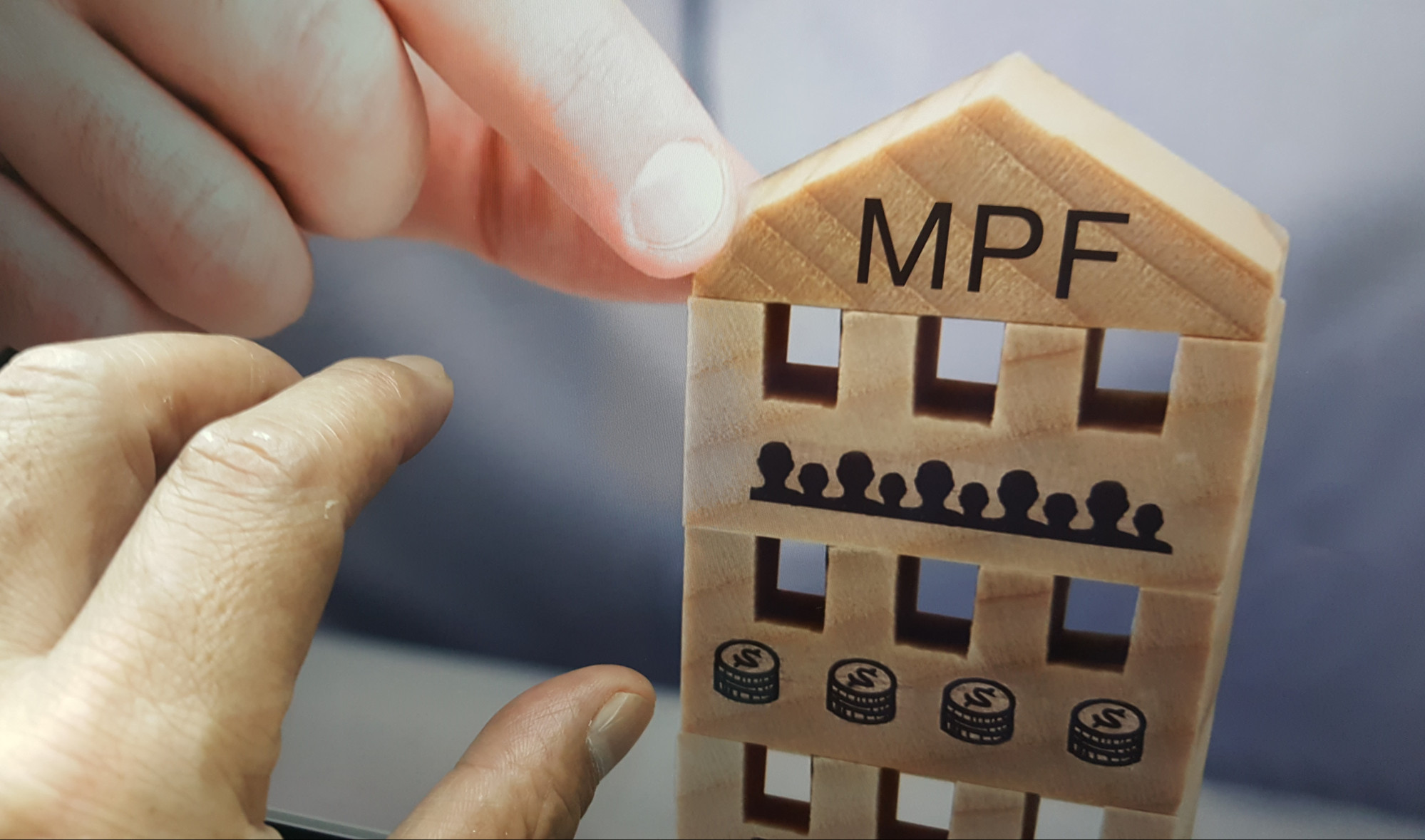Hongkongers to MPF: we want higher-risk, higher-return investment options to boost our retirement savings
Hong Kong residents want the option of putting their pension contributions into higher-risk, higher-return funds to help them to meet their retirement needs, according to a survey by the Hong Kong Investment Funds Association (HKIFA).
Hongkongers on average want to retire at 61, and they believe they need HK$7.6 million (US$975,000) to have a comfortable retirement life, according to the survey of more than 1,000 residents in August and September, released on Monday.
However, they consider the city’s compulsory Mandatory Provident Fund (MPF) insufficient for achieving this target. So they want the option of investing in sustainable-development funds that invest in environmentally positive projects (cited by 48 per cent of respondents), high-yield bonds that invest in infrastructure (46 per cent), and new technology (38 per cent), according to the HKIFA survey.
“The MPF performance in recent years has been low due to the market turmoil, which has led the MPF members to demand more fund choices, particularly those that have higher return prospects, for them to invest,” said Gordon Tsui Luen-on, a veteren Hong Kong broker who is the director of the Hong Kong Securities and Investment Institute.

“Sustainable development funds and high-yield bonds funds are popular options which MPF members look for,” said Philip Tso, co-chair of the HKIFA’s pension subcommittee.
The MPF on average has HK$232,880 for each of its 4.7 million members, based on assets of HK$1.09 trillion at the end of September, according to data provided by research firm MPF Ratings.
In the first nine months of the year, the 400 or so MPF investment funds declined by 0.17 per cent on average, a big improvement following a 21.5 per cent loss in the same period in 2022, MPF Ratings said.
Hong Kong’s retirement scheme ranks second best in Asia behind Singapore’s
Hong Kong’s retirement scheme ranks second best in Asia behind Singapore’s
The annualised net return of the MPF from its inception in December 2000 until June 2023 is 2.5 per cent. This beats the 1.8 per cent inflation rate during the same period, but is far below the 11 per cent return the HKIFA survey respondents expect.
As such, most respondents do not rely on the MPF, allocating only 15 per cent of their retirement savings to it, behind bank deposits at 25 per cent and stock investments and insurance at 18 per cent each. The rest is in bonds, mutual funds and real estate investments, the HKIFA survey showed.
“It would be a good move for the regulator to allow the MPF to have more diversified investment options,” Tsui said. “However, it would need to have sufficient investor education for the investors to understand the risks involved before they should invest in these products. The members should also take a long-term investment approach and not blindly chase short-term gains.”
Hong Kong police investigate after man arrested over forged MPF documents
Hong Kong police investigate after man arrested over forged MPF documents
The MPF requires employers and employees to contribute 5 per cent of the employee’s monthly salary, with a combined maximum of HK$3,000, for investment in different funds covered in the scheme. Employees get back the contributions and investment returns at the age of 65.


